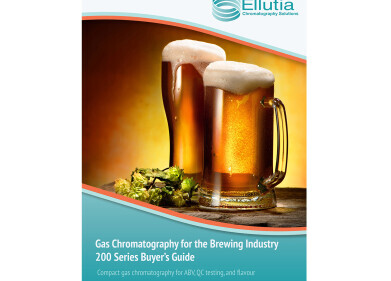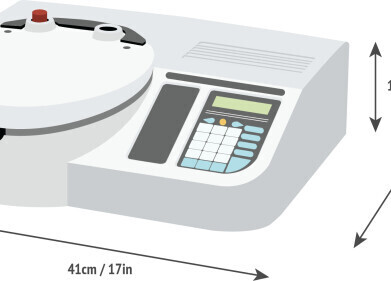-
 Wine bottle corks were tested for efficiency
Wine bottle corks were tested for efficiency
Chromatography
GC-MS used in bottle cork test
Mar 30 2010
A three-year study by the Cork Quality Council (CQC) tracked the efficiency of a range of stoppers in commercial bottling organisations.
ETS Laboratories in St Helena, California tested samples for the presence of 2,4,6-trichloroanisole (TCA) - a common cause of 'cork taint'.
Researchers looked for TCA in concentrations of more than one part per trillion, which would indicate the beverage had spoiled.
However, according to the CQC, the standards of existing technical corks used in current bottling methods are so high that it resulted in no examples of TCA above this level in 144 instances.
The organisation noted recent developments in the cleaning of cork granules as one reason the quality of such wine closures is so high.
Previous experiments by the body used GC-MS to explore the link between TCA and defective wine, with fungal metabolism of chlorophenols found to be a leading cause.
Digital Edition
Lab Asia Dec 2025
December 2025
Chromatography Articles- Cutting-edge sample preparation tools help laboratories to stay ahead of the curveMass Spectrometry & Spectroscopy Articles- Unlocking the complexity of metabolomics: Pushi...
View all digital editions
Events
Jan 21 2026 Tokyo, Japan
Jan 28 2026 Tokyo, Japan
Jan 29 2026 New Delhi, India
Feb 07 2026 Boston, MA, USA
Asia Pharma Expo/Asia Lab Expo
Feb 12 2026 Dhaka, Bangladesh


















